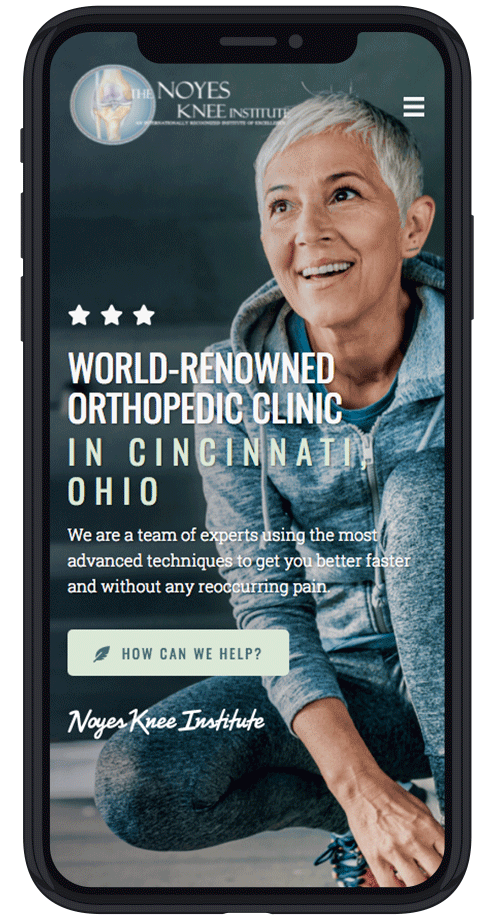Published On
Category
High-performance athletes may experience an imbalance in their energy intake and expenditure. A lack of energy availability can cause a decrease in bone health, resulting in stress-related bone injuries that require professional treatment. Dr. Noyes is an orthopedic knee surgeon who specializes in diagnosing and treating sports-related bone and joint conditions. Here is more information about energy availability and how it affects athletes’ bone health:
What Is Energy Availability?
Energy availability refers to the amount of dietary energy left over after physical expenditure for athletic training. High-performance athletes must consume a sufficient amount of food to fuel their body’s function and exercise routines. If an individual eats too little food and trains too hard or too often, their body may begin to break down. This condition is called relative energy deficiency in sports (RED-S).
RED-S is identified when key body functions, like bone health, metabolism, immunity, and menstruation, are impaired by insufficient dietary energy. If female athletes have a significant nutritional energy deficit, they may experience dysfunction in one or more areas of the female athlete triad (FAT). This triad includes three interconnected health factors: energy availability, menstruation, and bone health.
How Energy Deficiencies Affect Bone Health
A sustained energy deficiency can be caused by intentional weight loss, disordered eating, diagnosed eating disorders, or unintentional undereating. When the body has no energy availability, it seeks energy from body structures like the bones. This can result in lowered bone density over time, putting high-performance athletes with low energy availability at a greater risk for fractures and other stress-related bone injuries. Bone density is impacted by nutrition and hormones, so if a female athlete has an energy deficiency and loses her menstrual cycle, she increases her chances of experiencing a bone injury.
Potential Treatments and Solutions
High-performance athletes can seek the professional help of sports nutritionists and orthopedic specialists to improve their energy availability and bone health. These professionals may suggest dietary adjustments like increasing calcium and vitamin D intake to strengthen the bones. They may also recommend decreasing energy expenditure until the athlete is able to maintain optimal nutritional energy intake. Increasing dietary energy input helps athletes balance their body’s energy availability after expenditure.
In cases where bone injuries have occurred, an orthopedic knee surgeon like Dr. Noyes will assess the damage to the bones and surrounding tissues to determine an appropriate treatment method. They may suggest rest, immobilization, or surgery for significant bone injuries. At Noyes Knee Institute, we provide operative and non-operative treatment options for bone and connective tissue injuries.
The Sportsmetrics Female Athlete Health Initiative is a program developed to provide evidence based research and best practice recommendations for the health and wellness of female athletes. The program provides educational materials to athletes, coaches, parents, and health care professionals on health and wellness topics specific to the female athlete that will allow athletes to reach their fullest potential in their respective sport. To find more information, visit https://sportsmetrics.org/education/womens-health-education/.
Schedule a Health Assessment With a Knee Surgeon
Our orthopedic sports medicine team at Noyes Knee Institute has experience diagnosing and treating complex bone and knee joint issues. If you have a sports-related bone injury, we can help you understand the underlying health issues that may be impacting your bone health. We will complete a full assessment of the affected bone or joint before developing a personalized treatment plan. Contact us today to schedule an appointment and learn more about protecting your musculoskeletal health.

